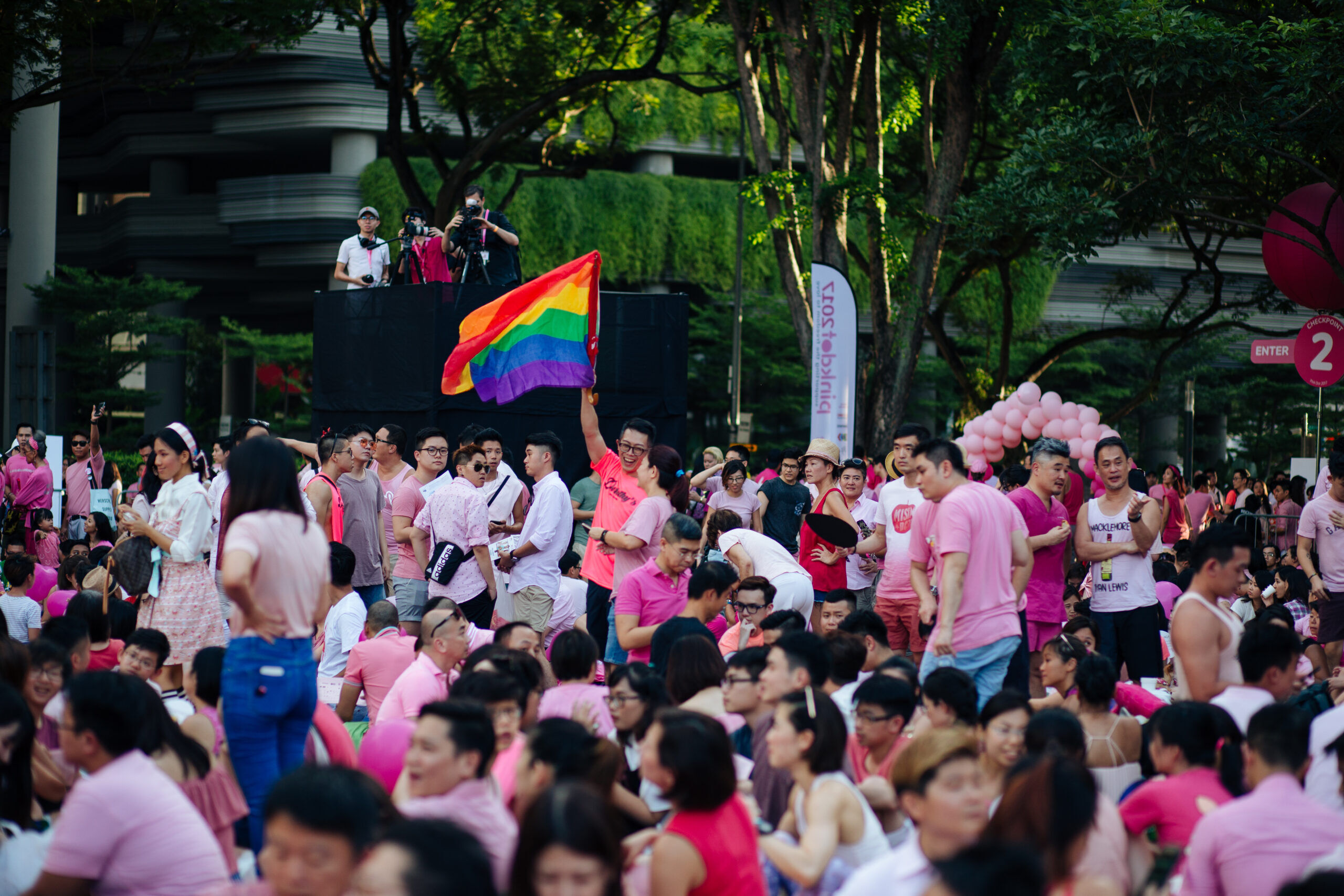On August 21, Singapore Prime Minister Lee Hsien Loong announced that the law criminalizing homosexuality would finally be repealed. But this step towards progress was immediately fumbled by the news that the law would also change to define marriage as heterosexual and that LGBTQ+ content would continue to be restricted in the media.
Long overdue but well done Singapore! https://t.co/5tNJI7yPUm
— Anthony Chen (@anthonychenz) August 22, 2022
As expected before #ndr2022: #Singapore will finally repeal Section 377A (which criminalises sex between men), while also undermining the main point of repealing Section 377A by enshrining the discrimination against #LGBTQ people elsewherehttps://t.co/3j67Ll3xUO pic.twitter.com/urq9F6vn2Q
— Kirsten Han 韩俐颖 (@kixes) August 21, 2022
The repeal of 377a should have been a joyous moment of liberation, and instead it is now merely going to be the stepping stone for discrimination against sexual minorities being enshrined more fully in law. I am so heartbroken pic.twitter.com/zOgauV7ffu
— Moniza Hossain (@moniza_hossain) August 21, 2022
Mixed messages on #LGBT rights in #Singapore says @hrw, noting real progress that revoking article 377A will bring but raising serious concerns about discrimination if Constitutional amendment on marriage is passed. Eliminating anti-LGBT discrimination needed across the board. pic.twitter.com/tKGvn4cS2b
— Phil Robertson (@Reaproy) August 22, 2022
The law being repealed is Section 377A of the Penal Code, a relic from the British colonial era that outlaws so-called “gross indecency” between men. Although such laws were mostly repealed in the UK in 1967 (fully in 2003), Singapore has been slow to follow suit, and the law has been used as justification for police raids.
The repeal represents long overdue progress, but it comes with a redoubled commitment to the status quo. Singapore’s Ministry of Communications and Information has issued a statement: “We will continue to take reference from prevailing norms. LGBTQ media content will continue to warrant higher age ratings.” Singapore’s media rating board recently made headlines with its treatment of Pixar film Lightyear, which includes a brief same-sex kiss. The children’s film was restricted to viewers 16 and up.
Singapore’s InfoComm Media Development Authority enforces media standards under a content code. In regards to LGBTQ+ content, the code states: “Films that center on alternative sexualities may be classified at (the) highest rating of R21. Non-explicit depictions of sexual activity between persons of the same gender may be featured at R21 [or 21 and up] rating.” LGBTQ+ content that falls under subplot or minor characters may get the lower ranking of M18 “if discreet in treatment and not gratuitous.”
Additionally, PM Lee explained that the constitution will be amended to define marriage as between a man and a woman. “Many national policies rely upon this definition of marriage — including public housing, education, adoption rules, advertising standards, film classification,” he said. “The government has no intention of changing the definition of marriage, nor these policies.” At the same time, this amendment means that it will be entirely up to Parliament to redefine marriage from here on, ruling out a judicial solution like the US’s Obergefell v. Hodges Supreme Court ruling.
“One reason must be that the government needed to achieve a balance between competing interests,” Suang Wijaya, a Singapore constitutional law expert, told BBC News. “They want to be seen as giving something to the LGBT community, but also not give a defeat to the conservatives. They don’t want it to be a ‘I win and you lose’ situation as it would result in division.” In other words, queer progress in Singapore is a literal one step forward, two steps back.
Help make sure LGBTQ+ stories are being told...
We can't rely on mainstream media to tell our stories. That's why we don't lock our articles behind a paywall. Will you support our mission with a contribution today?
Cancel anytime · Proudly LGBTQ+ owned and operated
Read More in The Internet
The Latest on INTO
Subscribe to get a twice-weekly dose of queer news, updates, and insights from the INTO team.
in Your Inbox













